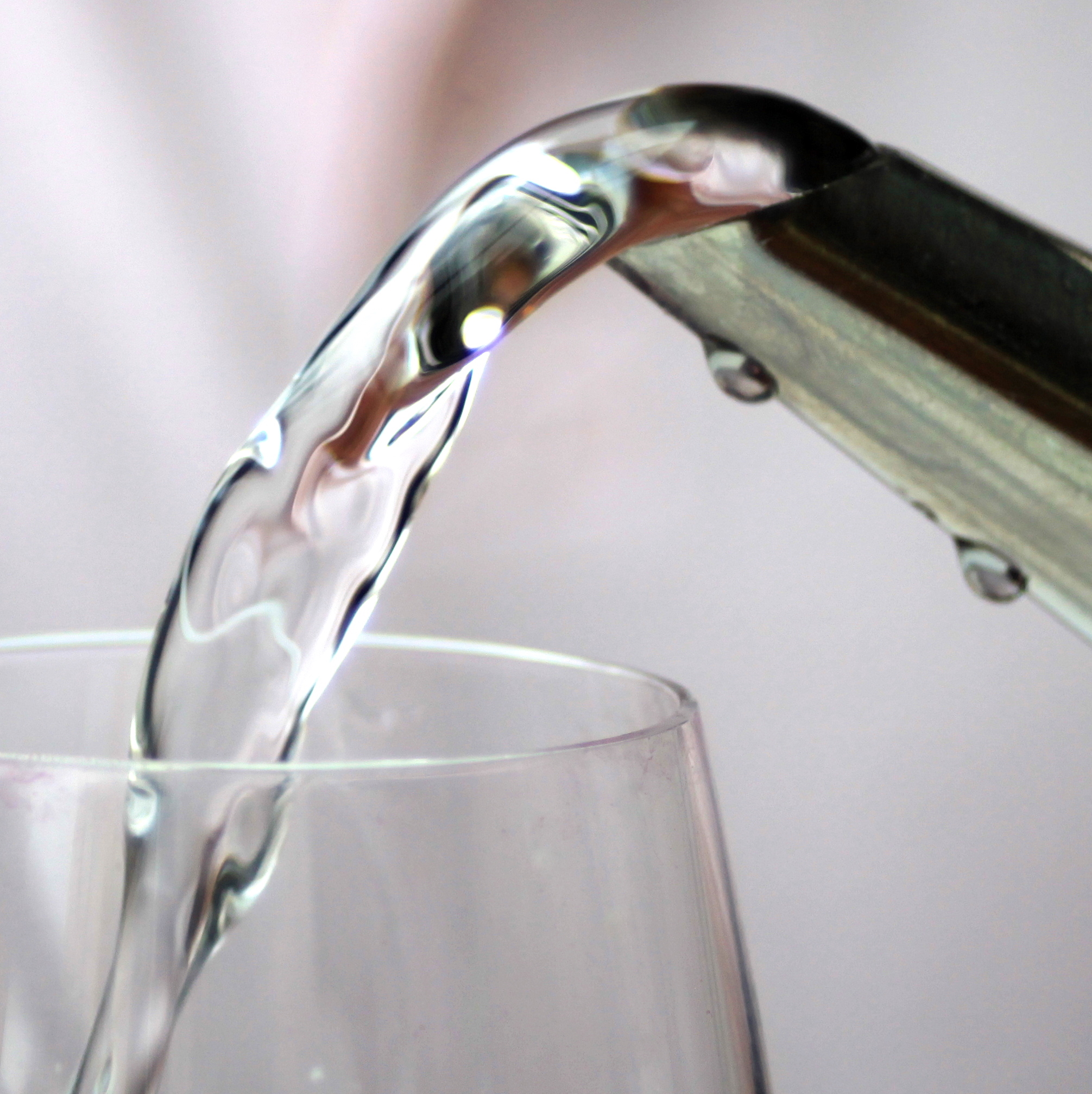Water intoxication
Enlarge text Shrink textWater intoxication, also known as water poisoning, hyperhydration, overhydration, or water toxemia, is a potentially fatal disturbance in brain functions that can result when the normal balance of electrolytes in the body is pushed outside safe limits by excessive water intake. Under normal circumstances, accidentally consuming too much water is exceptionally rare. Most deaths related to water intoxication in healthy individuals have resulted either from water-drinking contests, in which individuals attempt to consume large amounts of water, or from long bouts of exercise during which excessive amounts of fluid were consumed. In addition, water cure, a method of torture in which the victim is forced to consume excessive amounts of water, can cause water intoxication. Water, like any other substance, can be considered a poison when over-consumed in a brief period. Water intoxication mostly occurs when water is being consumed in a high quantity provoking disturbances in electrolyte balance. Excess of body water may also be a result of a medical condition or improper treatment; see "hyponatremia" for some examples. Water is considered one of the least toxic chemical compounds, with an LD50 exceeding 90,000 mg/kg (90 g/kg) body weight in rats; drinking six liters in three hours has caused the death of a human.
Read more on Wikipedia >
 Topic
Topic



